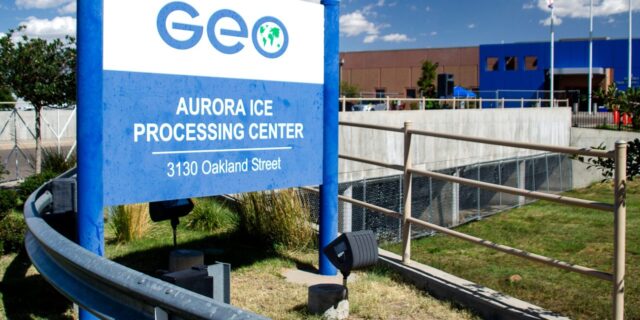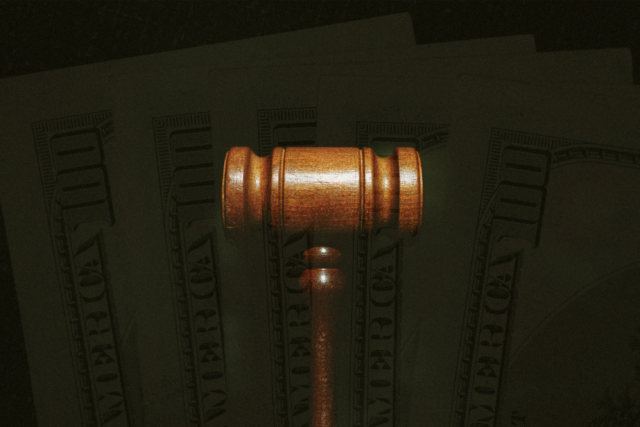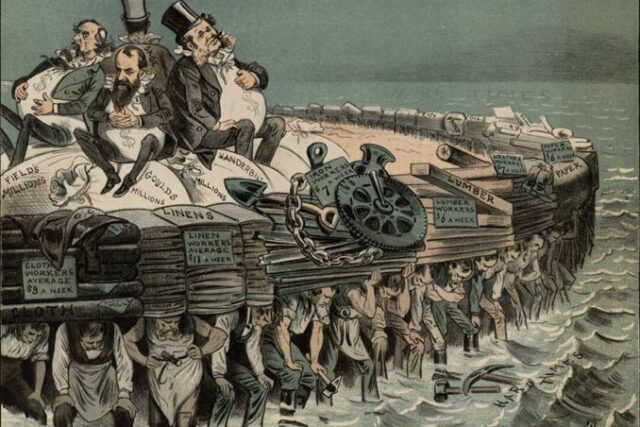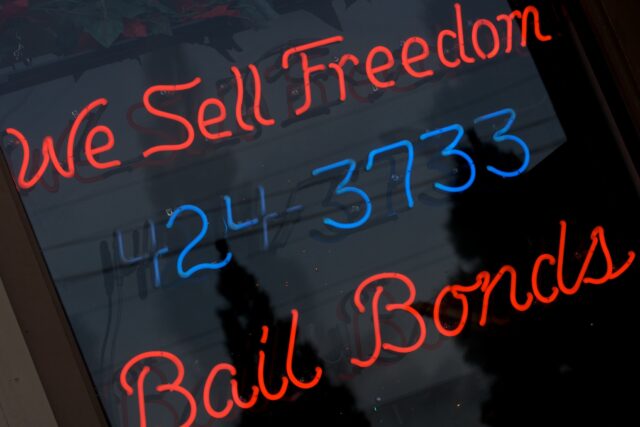Tom Sobol is a prominent plaintiff-side litigator and the President of Public Justice – a nonprofit legal advocacy organization dedicated to fighting abuses of corporate power. He spent the first 17 years of his career, however, working in a large corporate law firm. “The bulk of my work was to represent corporate interests, or moneyed, interests. In that role, the primary thing that you do is try to create roadblocks.” Tom describes civil corporate defense as a very deconstructive kind of lawyering. “Every single thing you do as a defense lawyer is intended to drag the litigation out. Everything you do. If somebody says, ‘Can you get back to me tomorrow?’ You get back to them next week. If somebody says, ‘Can you be available on this day?’ You can’t be. If a court sets a hearing, you’re not available. Ever. If there’s an opportunity to seek to take an interlocutory appeal, you seek to take the interlocutory appeal.” In Tom’s words, dragging things out is “absolutely thoroughgoing” in everything that civil corporate defense lawyers do. Some of the firms that defend corporate interests pay their attorneys to do just this. “Some of my competitors got incentive awards if their case went on for a certain period of time. They were actually getting paid to delay litigation.”
“Some of my competitors got incentive awards if their case went on for a certain period of time. They were actually getting paid to delay litigation.”
Working on behalf of plaintiffs and against powerful corporations is very different. “One thing that I learned when I went over to work on the plaintiff side, is that it’s all creative,” Tom told me. “It’s all about trying to make sure that everything gets put together the right way, and that everything goes forward. You’re really trying to do what you can to get to the substance of a dispute and not spend as much time getting held up by way of procedural issues.
David Seligman’s work on behalf of plaintiffs in Aurora, Colorado, exemplifies this dynamic. For eight years, David has been litigating a class action suit against GEO Group—a corporation that runs for-profit detention centers under contract with U.S.Immigration and Customs Enforcement (“ICE”). In Colorado, GEO Group allegedly forced detainees to perform unpaid labor under threat of solitary confinement. David is arguing, on behalf of current and former ICE detainees who were confined in the facility, that the company violated federal human trafficking law and unjustly enriched itself off of forced detainee labor. After nearly a decade of pre-trial litigation, the GEO Group case is finally expected to go to trial in the spring of 2023.

The ICE detention center run by GEO Group that is the subject of Towards Justice’s class action suit
“These cases can be really, really, really expensive,” David explained. “On the defense side, your client is paying; they’re footing the bills all along. On the plaintiff side, that’s not happening. Sometimes you’re not getting paid at all, sometimes for years. And that does, unfortunately, put people in a position where they must settle cases and move towards settlement, maybe prematurely.” This is one of the systemic pressures that enables wealthy corporations to shape the legal landscape to their benefit over time. Plaintiffs often trade off on the possibility of winning a case and producing “good law” due to financial pressures. Corporations can throw money at a dispute and settle it if it might produce “bad law” for them, and they can afford to litigate a case for years and years if they think it has the potential to produce “good law” for corporate interests.
Corporations can throw money at a dispute and settle it if it might produce “bad law” for them, and they can afford to litigate a case for years and years if they think it has the potential to produce “good law” for corporate interests.
The GEO Group lawsuit was first filed in 2014, and David and his team have been fighting non-stop in the years since to overcome pre-trial hurdles so that the case can be heard on the merits – that is, the actual issue of whether GEO Group violated the law. One of these pre-trial hurdles included getting the class of detainees “certified” by a court and then defending that certification on appeal in front of the Tenth Circuit Court of Appeals. Unlike most legal issues, class certifications can be appealed before a case ever goes to trial through a mechanism called an interlocutory appeal (and remember what Tom told us: if there’s an opportunity to seek to take an interlocutory appeal, corporate defense attorneys always seek to take the interlocutory appeal). Unsurprisingly, GEO Group sought the appeal.
The certification question got kicked up to the appellate level for review, and the case was paused until David and his team won the appeal. A seven-year study of these kind of appeals shows that plaintiffs tend to do worse than defendants both in getting appellate courts to agree to hear their claim and in convincing appellate courts to rule in their favor. This pattern is observed across the legal field: civil plaintiffs tend to do worse on appeal. There are various potential explanations for plaintiffs’ low appellate success rates, and the best evidence we have suggests that there’s a link between plaintiff losses and the plaintiff-defendant gap in access to specialized appellate representation.
David’s organization, Towards Justice, handles appeals in the way that most small plaintiff-side practices do. “If it’s your case, you argue it all the way up. You’ll file the complaint, you’ll do the discovery, and you’ll argue the appeal,” David explained. This is starkly different than what goes on at the corporate defense firms that David often litigates against. At big law firms, experienced appellate specialists take over the briefing and argument on appeal. “It’s really rare for a plaintiffs’ shop to have something like that,” David explained. “That experience matters.” There is a major imbalance between civil plaintiffs and defendants when it comes to expert appellate representation. As a Stanford Law Review article observed, the lack of available appellate representation on the plaintiff-side is particularly acute in cases in which an individual sues a corporation. Law firms with appellate practices are often willing to take on pro bono cases representing plaintiffs, but big firms are typically unwilling to take on plaintiffs who are challenging corporate interests.










